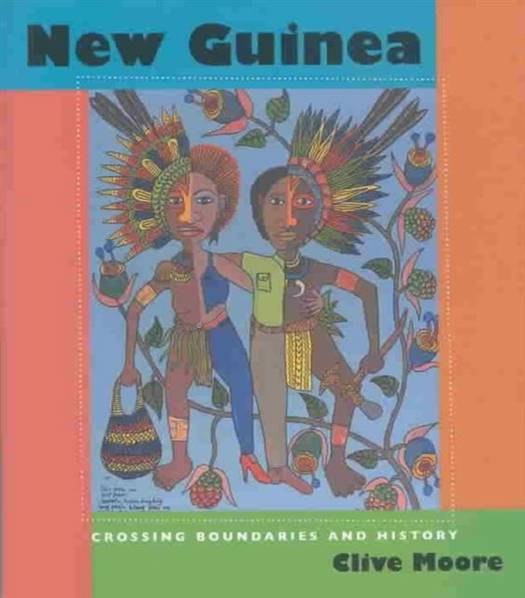
- Afhalen na 1 uur in een winkel met voorraad
- Gratis thuislevering in België vanaf € 30
- Ruim aanbod met 7 miljoen producten
- Afhalen na 1 uur in een winkel met voorraad
- Gratis thuislevering in België vanaf € 30
- Ruim aanbod met 7 miljoen producten
Zoeken
Omschrijving
New Guinea, the world's largest tropical island, is a land of great contrasts, ranging from small glaciers on its highest peaks to broad mangrove swamps in its lowlands and hundreds of smaller islands and coral atolls along its coasts. Divided between two nations, the island and its neighboring archipelagos form Indonesia's Papua Province (or Irian Jaya) and the independent nation of Papua New Guinea, both former European colonies. Most books on New Guinea have been guided by these and other divisions, separating east from west, prehistoric from historic, precontact from postcontact, colonial from postcolonial.
This is the first work to consider New Guinea and its 40,000-year history in its entirety. The volume opens with a look at the Melanesian region and argues that interlocking exchange systems and associated human interchanges are the "invisible government" through which New Guinea societies operate. Succeeding chapters review the history of encounters between outsiders and New Guinea's populations. They consider the history of Malay involvement with New Guinea over the past two thousand years, demonstrating the extent to which west New Guinea in particular was incorporated into Malay trading and raiding networks prior to Western contact. The impact of colonial rule, economic and social change, World War II, decolonization, and independence are discussed in the final chapter.Specificaties
Betrokkenen
- Auteur(s):
- Uitgeverij:
Inhoud
- Aantal bladzijden:
- 288
- Taal:
- Engels
Eigenschappen
- Productcode (EAN):
- 9780824824853
- Verschijningsdatum:
- 31/07/2003
- Uitvoering:
- Hardcover
- Formaat:
- Genaaid
- Afmetingen:
- 179 mm x 272 mm
- Gewicht:
- 902 g

Alleen bij Standaard Boekhandel
+ 158 punten op je klantenkaart van Standaard Boekhandel
Beoordelingen
We publiceren alleen reviews die voldoen aan de voorwaarden voor reviews. Bekijk onze voorwaarden voor reviews.











